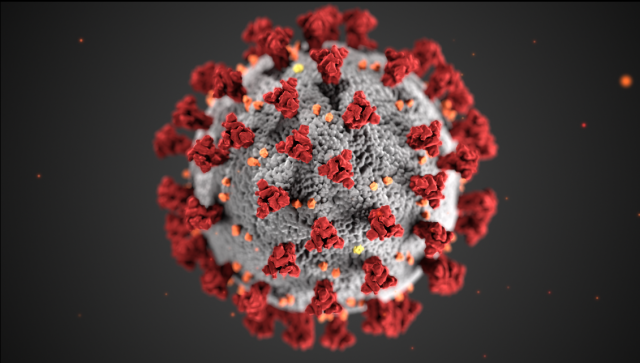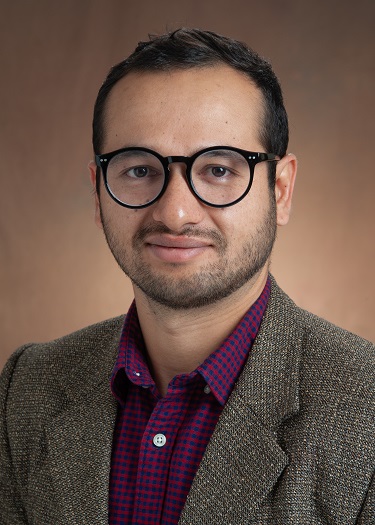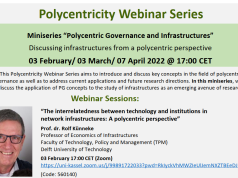
Pandemics are global public health crises – spreading from one individual to others, expanding exponentially across the globe. Or, as an economist would phrase it, spillover effects of disease spread and prevention extend to third parties with little possibility to geographically constrain them.
Because towns, counties, states, and political jurisdictions have little ability to contain the spread of disease, many call for a unified world-wide effort to end the pandemic. Scholars of various backgrounds and influential world leaders have played a vocal role in this call to action, arguing that the containment of Covid-19 constitutes a ‘global public good’ (GPG). As such, global cooperation and unified policy responses, in the words of World Health Organization’s Director-General Tedros Ghebreyesus, is “the only choice we have.”
Pandemics, including Covid-19, present challenging spillover effects, which polycentric systems could struggle to address. The director-general is justified in this concern. However, if a global effort executed through centralized policy prescriptions are indeed our “only choice,” then all paths lead to the same dismal outcomes.
The myth of global action
Even if global leaders and public health experts agree to cooperate, there is little evidence to suggest all parties will agree on a common set of policies to combat the virus. At best, reaching an agreement would involve lengthy negotiations, requiring steep transactions costs and considerable resources to reconcile disagreements over details.
Supranational agreements, even when reached, are vulnerable to political changes that occur within member states. For instance, the 2015 Paris Climate Agreement took nearly three decades of efforts since the founding of the Intergovernmental Panel for Climate Change in 1988. Shortly afterward United States, a major player in its founding, withdrew from the agreement with little warning. While a deadly pandemic generates a motive to cooperate, the well-known challenges of international collective action still loom large.
While state leaders can agree on a singular solution, implementing it requires cooperation and commitment across heterogeneously affected sub-populations. Mitigating widespread, costly, and potentially fatal spillover effects requires strict adherence down to the smallest relevant unit. Because most preventative measures require coproduction (such as social distancing and mask wearing), unless citizens actively and consistently adhere to governmental policies, government policies will contribute little to contain the spread. Enforcement measures can help mitigate this concern, but at what political cost? And who would pay for the enforcement and punishment of local noncooperation?
Perhaps most critically, what assurances do we have that a centralized effort can adapt and adjust their efforts when pandemic challenges change and new information is provided? Epidemiological uncertainties, coupled with the wide diversity of economic, political and social institutions, lead to unique challenges across different subpopulations. No experts and planners, however brilliant or benevolent, will have the ability or foresight to determine what policies will work for each subpopulation.
Complex challenges and experimentation
Complex and dynamic public concerns require varied solutions which frequently amount to trail-and-error efforts. What provides relief is repeated. What fails to address social problems is discarded. Polycentric frameworks provide this institutional arrangement and feedback mechanism. Centralized efforts, although advantageous for certain reasons, rarely can. If the answers to preventing disease spread, among other critical public health concerns, are well known, centralization provides a way to distribute relief. If the answers are not known, centralization provides an unfavorable gamble for widespread and enduring mismanagement.
Although global cooperation is needed to address some forms of collective action problems during a pandemic, the emphasis on global cooperation as the only way to end the pandemic is misguided. Moreover, the focus on global organizations or nation-states as the only relevant actors for pandemic governance disregards the contributions of substate and nonstate actors, their relationships, and the incentives they face.

Veeshan Rayamajhee is an assistant professor of economics and a faculty fellow in the Center for the Study of Public Choice and Private Enterprise at North Dakota State University. Contact: veeshan@rayamajhee.com













Very insightful article Veeshan!
Thank you, Graham. It means a lot!
Comments are closed.